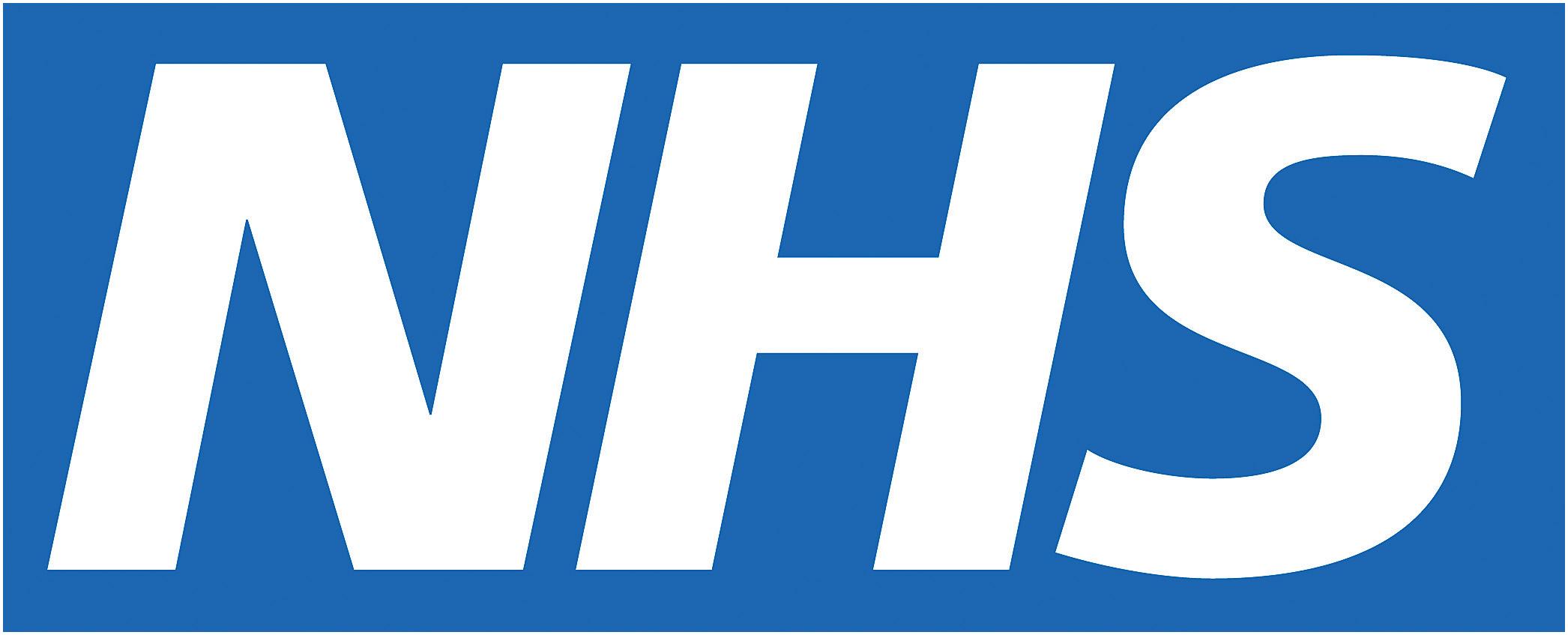
2 minute read
the answer to NHS strikes?
by Exeposé
Ewan Edwards, Tech Editor, explores future uses of AI in the health service
THE benefits of AI technology are slowly being drip-fed to the masses. Though we are yet to have a fully artificially intelligent robot with which we can have a conversation, in recent months, there has been much hysteria surrounding ChatGPT and how it could be used as a quick, but questionable, fix to write essays, news reports or even dissertations. What this software could be used for, with little moral ambiguity, is to speed up admin processes which bog down many public services, particularly those of the NHS. A picture has been circulating on LinkedIn from Bertalan Meskó, Director of the Medical Futurist Institute, where the amount of paperwork to admit a patient to an NHS hospital is longer than a man lying down. A great deal of this paperwork is repetitive box ticking exercises which could be more efficiently completed by AI programmes similar to that of ChatGPT. This would then free up more NHS staff time, to undertake patient care.
Advertisement
should lower standards, but by investing in AI to carry out these jobs, Britain could have the best of both worlds: a more efficient health service with the highest of standards.
We are currently experiencing some of the biggest strike action this country has ever seen from nurses to ambulance drivers and now firefighters, who have not had a pay dispute on this level since 2003. Whilst AI cannot resolve what is perceived as inadequate pay in the face of soaring inflation, it is possible that it can relieve some of the pressures on these jobs. Nurses are currently experiencing the burden of staff shortages as they are needed in multiple places at once but still only getting the pay of a singular nurse. If they were able to carry out the core of their training focusing on patient care whilst AI performs an admin role, it is easy to see that pay disputes lower in volatility as the nurse workload decreases.
to an AI on an online forum to discuss your ailments. If you were then to need further medical attention, this diagnostic information performed by AI could be passed on to the GP which would cut down some of the role of practitioners.
The heaps of paperwork are part of the high medical standards that British healthcare uphold. No one is arguing that we
There is also a prevention, diagnostic and population health management role for AI in the NHS. Population health management is often the first priority dropped by a struggling health service as it would rather focus on ‘stick-plastering’ people who are currently ill or injured. If, then, AI was found to have no role in NHS admin and could not perform a form-filling role then perhaps it could perform this function whilst the NHS continues its normal functions. A greater emphasis on ‘virtual wards’ where rather than immediately phoning up your GP you could speak
There have already been steps to involve AI within the NHS. The NHS AI Lab has been established to “accelerate the safe adoption of artificial intelligence in health and care”. Health
Secretary, Stephen Barclay MP, has made his thoughts clear that the NHS should look to robots to patch the holes left by a crisis in staffing. Investment, he believes, should be aimed at innovative plans to incorporate AI and robots into the healthcare framework which will lower patient wait times, speed up diagnoses and safeguard the NHS for the long term. This is all very unconservative language but exciting, nonetheless. Scepticism does grow, however, as it is easy to see how Mr Barclay may in fact be trying to redirect headlines away from NHS strikes to NHS innovation especially as the government are repeatedly failing to solve the issue. Maybe AI can cure Britain of its striking labour force — that is, until AI gains the intelligence to go on strike itself.










